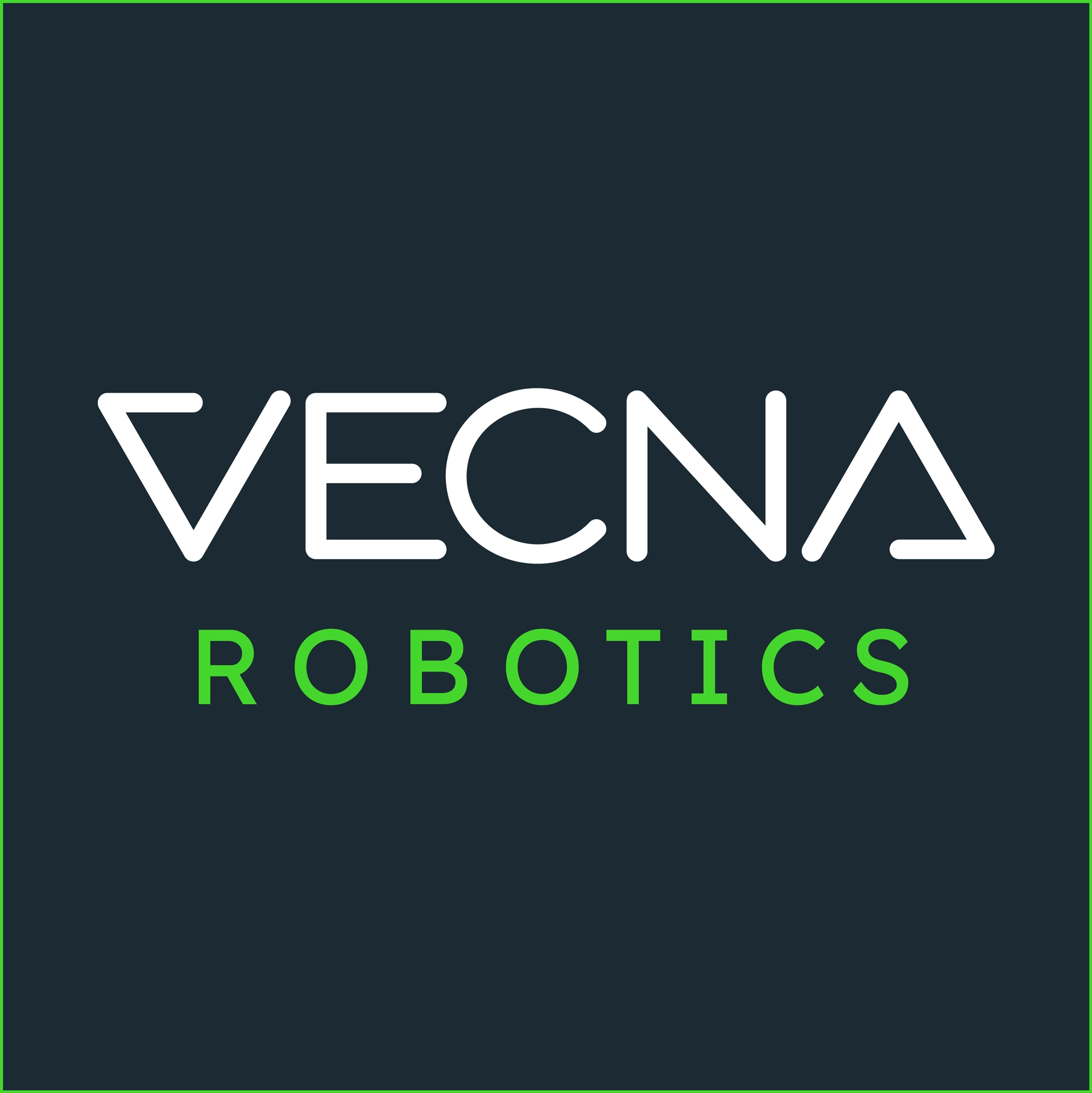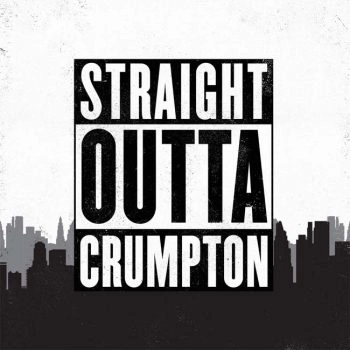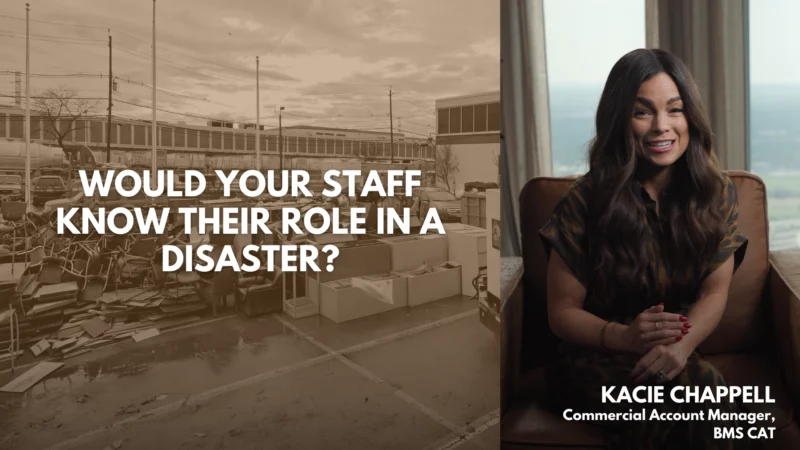Lone Robots Fall Short, but Fleets Scale Warehouse Automation: Robot Orchestration Makes It Work
As supply chains face mounting pressure to meet faster delivery times and adapt to shifting global demands, robotics and automation are no longer optional—they’re essential. According to McKinsey, automation technologies could increase worldwide productivity by 0.8% to 1.4% annually. But the real payoff isn’t in deploying a robot—it’s in building a coordinated, intelligent fleet. Robot orchestration is where automation scales, adapts, and delivers lasting value.
How do organizations move beyond standalone robots to build connected fleets that adapt, learn, and scale together?
The latest episode of Robot vs. Wild features a conversation between Zachary Dydek, Chief Technology Officer at Vecna Robotics, and Josh Kivenko, the company’s Chief Marketing Officer. he episode explores how robot orchestration transforms automation from isolated tools into unified, high-performing systems and how engineering and marketing align to support that evolution.
Key takeaways from the episode include…
-
How Vecna Robotics uses real-time robot orchestration to align autonomous systems with human workflows in complex environments.
-
Why connected fleets outperform standalone robots in both scalability and ROI.
-
What cross-functional collaboration between engineering and marketing looks like in a high-growth robotics company.
Zachary Dydek is the Chief Technology Officer at Vecna Robotics, where he leads cross-functional teams in developing advanced robotic technologies in navigation, control, manipulation, and machine perception. With over a decade of experience at Vecna in roles ranging from Principal Robotics Engineer to Director of Autonomous Systems, he has consistently driven innovation and product integration to maintain technological leadership. His background includes graduate research in nonlinear control systems for aerial vehicles, underscoring his deep expertise in robotics and autonomous systems.




